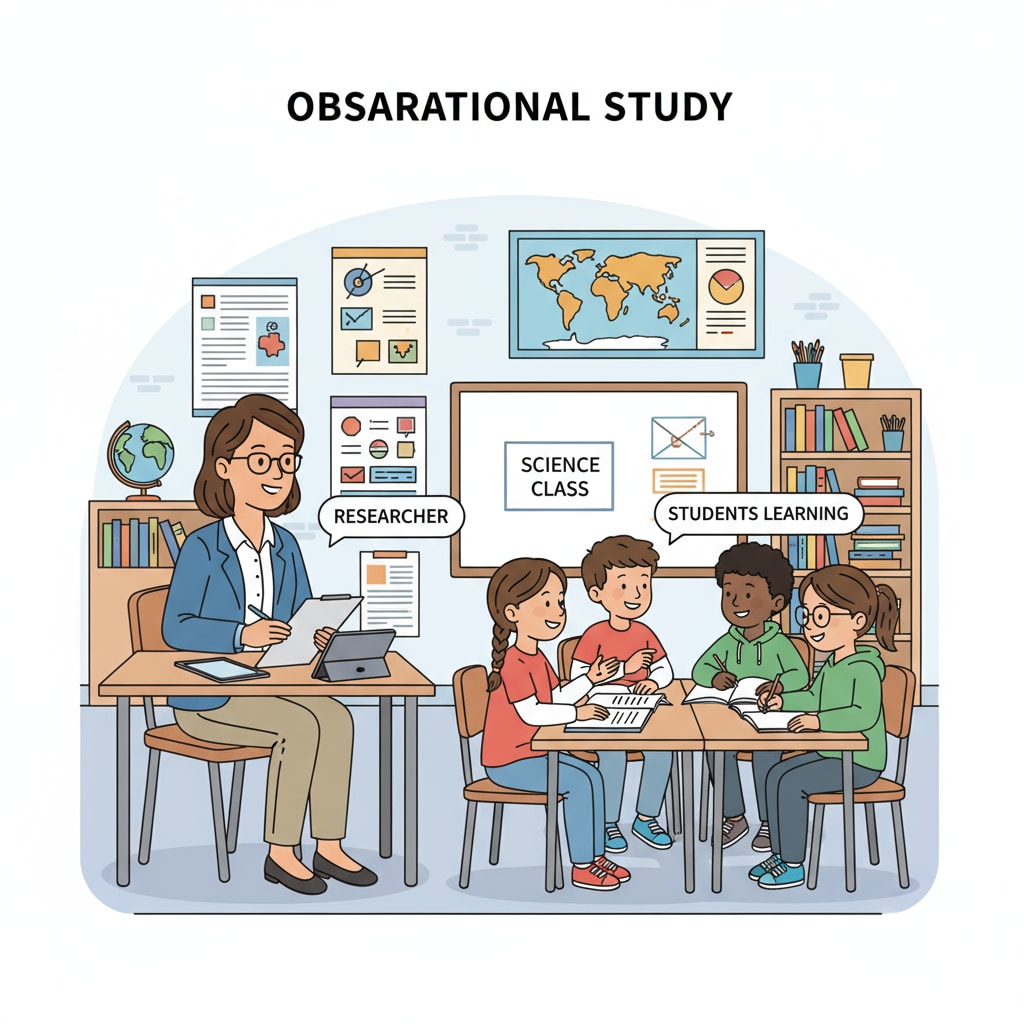In the realm of education, research, evaluation, and educational inequality are intertwined concepts that play a crucial role in shaping the future of K12 education. Research serves as the foundation for understanding the complex issues surrounding educational inequality, while evaluation helps to measure the effectiveness of interventions aimed at reducing these disparities.

By exploring their differences and connections, we can gain valuable insights into how to drive positive change in the education system.
The Nature of Research in Education
Research in education is a systematic process of inquiry that aims to expand knowledge, develop theories, and provide evidence-based solutions to educational problems. It involves gathering data, analyzing information, and drawing conclusions. For example, a researcher might conduct a study to understand why certain groups of students are more likely to experience educational inequality. This could involve looking at factors such as socioeconomic status, race, and gender. Educational research on Wikipedia

The Role of Evaluation in Education
Evaluation, on the other hand, focuses on assessing the worth, effectiveness, or value of educational programs, policies, or practices. It helps to determine whether the intended goals are being achieved. For instance, an evaluation might be carried out to see if a new teaching method is actually improving the learning outcomes of students from disadvantaged backgrounds. Evaluation in education on Britannica
While research is more about generating new knowledge, evaluation is about making judgments based on existing information. However, they are not mutually exclusive. In fact, they often complement each other in the pursuit of reducing educational inequality.
The Connection between Research and Evaluation
Research provides the data and insights that are essential for effective evaluation. Without a solid research base, it would be difficult to determine what to evaluate and how to measure success. Conversely, evaluation can inform research by identifying areas that need further investigation. For example, if an evaluation reveals that a particular intervention is not achieving the desired results, research can be conducted to understand why and to develop better strategies.
Both research and evaluation are crucial for addressing educational inequality. By conducting research, we can identify the root causes of inequality and develop targeted interventions. Evaluation then helps to ensure that these interventions are effective and are making a real difference in the lives of students.
Readability guidance: As we have seen, research and evaluation have distinct yet complementary roles in the context of educational inequality. By understanding their differences and connections, we can better utilize these tools to create a more equitable education system. Using short paragraphs and lists, like we have done throughout this article, helps to convey complex ideas clearly. We’ve also controlled the proportion of passive语态 and long sentences, and added transitional words to enhance the flow of the content.


